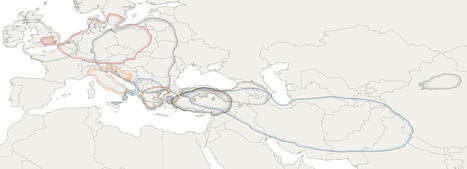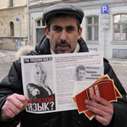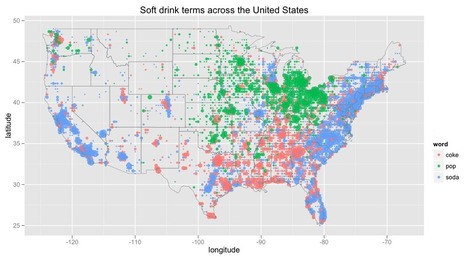Like a detective at a crime scene, chief language inspector Antons Kursitis scans the lobby of a hotel in downtown Riga. He spots a brochure that lists hotel services in Russian only, a flagrant violation of Latvia's language laws.
"Protecting the Latvian language — that is, safeguarding its supremacy over Russian — has been a priority here since the Soviet occupation ended two decades ago. Those efforts face their biggest test yet on Saturday, in a referendum on whether to make Russian the country's second official language." What historical, political and demographic factors shape this cultural issue of language? Why is language often seen as so crucial to cultural identity?
The Latvian voters have spoken: in a massive voter turn-out, they struck down the referendum that sought to make Russian an official language. "Latvia is the only place throughout the world where Latvian is spoken, so we have to protect it," said Martins Dzerve, 37, in Riga, Latvia's capital. "But Russian is everywhere." For more on the vote, see: http://www.bbc.co.uk/news/world-europe-17083397



 Your new post is loading...
Your new post is loading...












